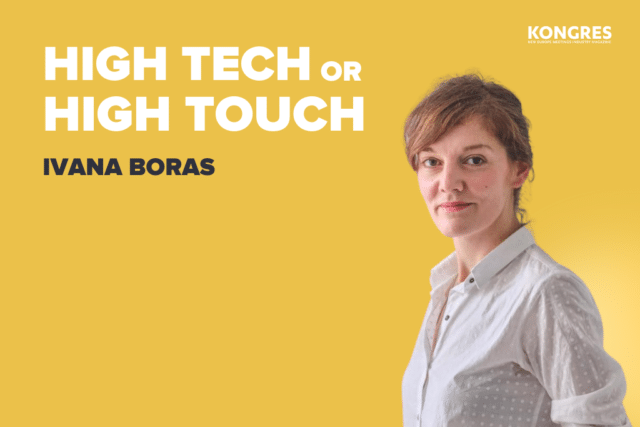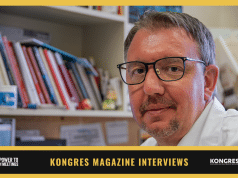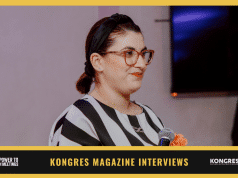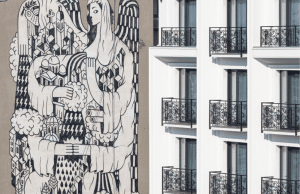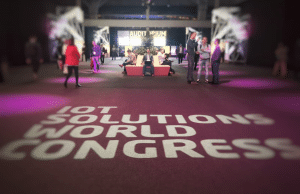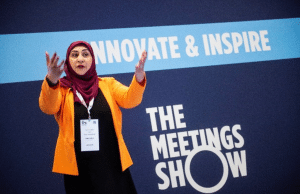“experience and interaction are the superpowers of events that every brand needs”
Q: What do you desire the most at the moment?
I desire that with the spring sun, we feel more optimism in/around us. It is time to keep on moving with new projects.
Q: Why do you love organising events?
In my long-time career, I cannot tell if we had two projects that were the same. I love the idea that every single project requires new creation, research, and a new story. It just cannot become boring. For the same reason, it can also be hard, but we like to be pioneers. We find satisfaction within this process and good results that come as a reward.
Q: Can you present the tool or app you use the most during the corona crisis?
As Google is our client, we have experienced, even before 2020, all the benefits of using Google GSuite tools. You can find everything you need to be productive, and equally important; you have easy access wherever you go. It is our new daily business habit that’s going to stay for sure.
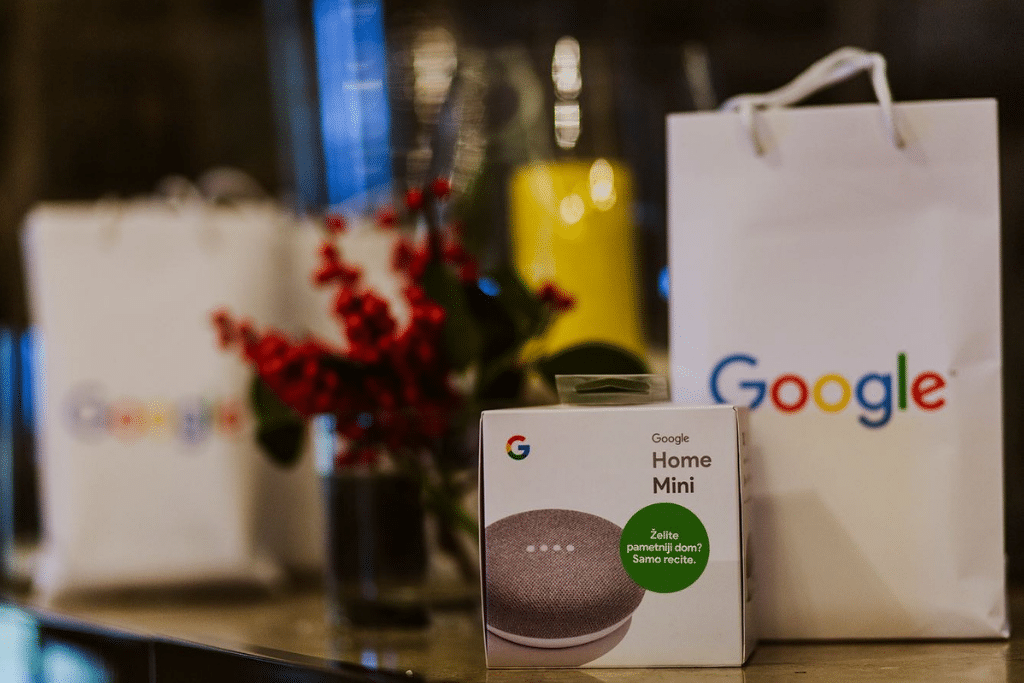
Q: How would you explain to a client why organising events is essential?
You can make a nice campaign on TV, digital or print, but only at events, you have an opportunity to connect consumers with your product or service and use that chance to feel it. That experience and interaction is the superpower of events that every brand needs. And, of course, now, in a time of a pandemic, we clearly see how B2B communities also miss social contacts.
As per research seen at Event trends, new events priorities are set. The previous attendee hierarchy on the event was:
1. content
2. networking
3. entertainment
The new hierarchy is:
1. meaningful connection
2. entertainment
3. content
So, it clearly says what people miss the most.
Q: Is it easier to organise digital or live events?
No easy way in any cases. At both events, we are largely dependent on techniques that always add a bit of unpredictability that make us dread. At live events, you have a feeling that things can be fixed on the spot. At online events, if you have a worst-case scenario of losing internet connection, we have to be prepared for plan B and C, but to be honest, there is less you can control, for example, the quality of internet for speakers sitting in a different country. Therefore, we host many rehearsals, so we do not experience any surprises during online events.
On the other hand, I like the idea of not having to travel, which otherwise adds significant costs to your budget. You can host great speakers and artists from all around the globe. I think that is fantastic!
Q: Is organising digital events cheaper than organising classic events?
The general opinion is that digital events should be cheaper, but if you don’t want it to look like your daily meetings, that will require investment and planning. To tell the story, we suggest having a concept, visual identity, entertainment in between speakers, and pre-recorded content to be more dynamic.
People easily lose focus at digital events if they are not interested. Therefore you need to create content for online events. Costs are lower, of course, on set design and production, but here we also suggest to clients that physical products could be sent to address and used during online events. That combination of real feel product + online experience works really well, but again, it is not the cheapest solution.
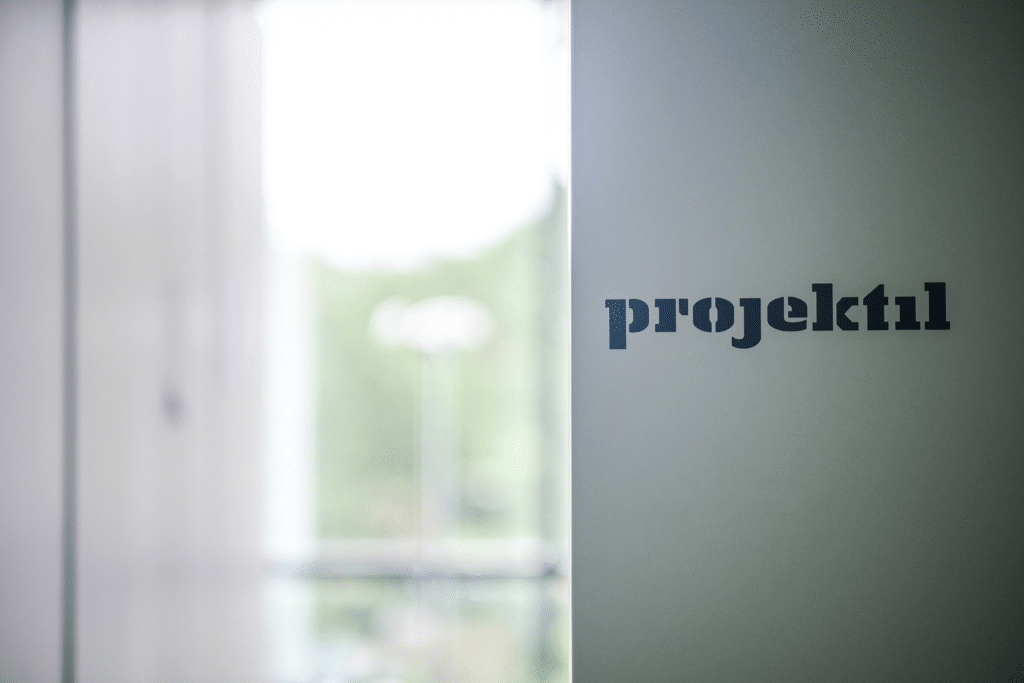
“I am not sure that we can expect to be back in a big conference room with 300+ people anytime soon”
Q: If the future of the meetings industry will be green, where do we start?
I am happy that we are in a way forced now to think green. We can start with parts that we already do and add questions to it, can we make it more sustainable, is there any green solution for it? We can think in advance about how to recycle the garbage in event spaces, what happens with food that will be left after dinner, can we donate or plan better, can we make a local impact. There are many parts that can be done, and I think it is okay to start with something, as small steps also make a difference.
Q: What will be the key trait of a great event organiser after the corona crisis?
Being flexible is part of our business in good times. It is even more important now to find our way within all restrictions and make it possible to produce a good project. Be innovative, with a ‘green view’ and safe for all sides.
Q: What is your view of the future? Where is the meetings industry headed?
My view on the future is positive, but if we talk about a new dimension of events. I am not sure that we can expect soon to be back in a big conference room with 300+ people. Big companies that usually stand behind those projects won’t take that kind of risk soon.
Q: What is the most surprising fact about organising events?
I am not sure that clients and attendees who came to the event could imagine how many hours of preparation, brainstorming, night set up, and teamwork stood behind it so that it looked like the final event experience. Those who participate in the process for the first time are really surprised. We also like happy surprises on clients faces when they enter the space after the final night of preparation – event makeover is magic.
EXTRA QUESTION FOR IVANA
Q: High Tech or High Touch?
High Touch (with High Tech).


